Jia Tolentino's book recommendations
The culture critic at The New Yorker recommends books by Simone Weil, Eve Babitz, and more
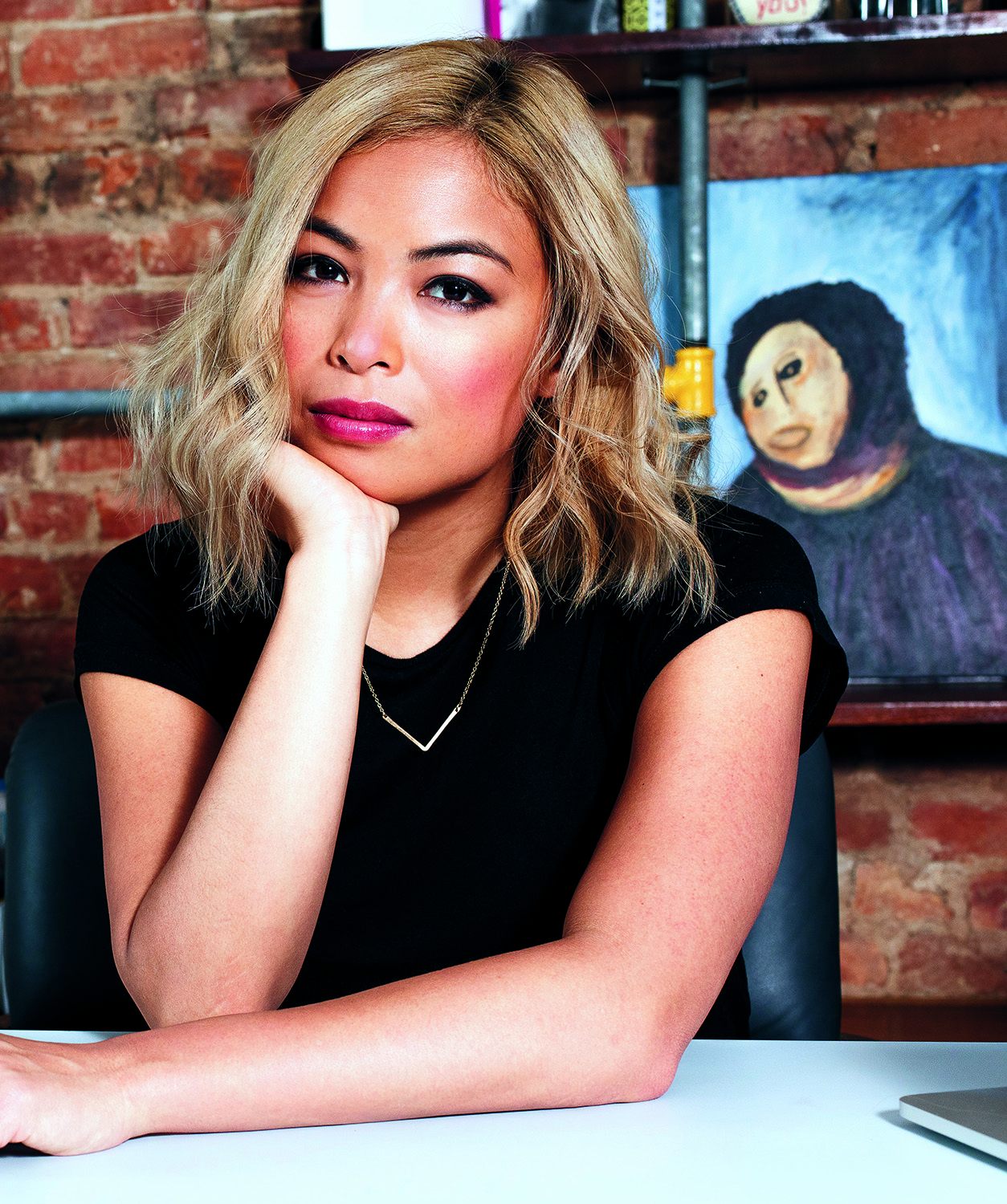
A free daily email with the biggest news stories of the day – and the best features from TheWeek.com
You are now subscribed
Your newsletter sign-up was successful
Jia Tolentino is a culture critic at The New Yorker. Her first book, Trick Mirror: Reflections on Self-Delusion, is an essay collection that combines personal memoir with an interrogation of the cultural forces that define our time.
Stories of Your Life and Others by Ted Chiang (2002).
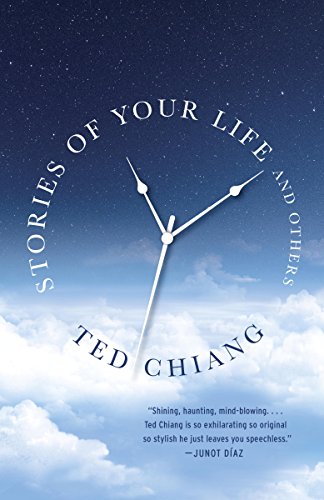
When I first read this book, I was on an airplane, and I had a strange sensation: How could my brain and my heart be unfolding into a thousand different dimensions while my body is trapped in Seat 14C? Reading Chiang's sci-fi feels like witnessing a miracle of applied grace.
The Week
Escape your echo chamber. Get the facts behind the news, plus analysis from multiple perspectives.

Sign up for The Week's Free Newsletters
From our morning news briefing to a weekly Good News Newsletter, get the best of The Week delivered directly to your inbox.
From our morning news briefing to a weekly Good News Newsletter, get the best of The Week delivered directly to your inbox.
Mrs. Bridge by Evan S. Connell (1959).
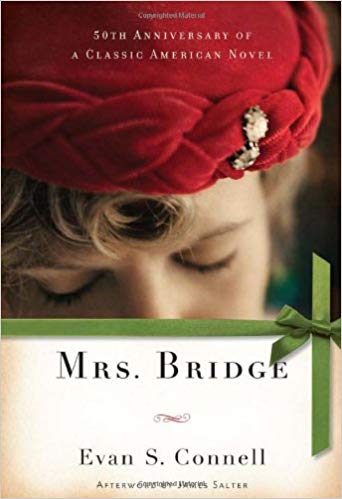
I have joined the small but growing ranks of fanatical proselytizers for this slim masterpiece of a novel about a Kansas City housewife. It's one of the funniest, subtlest, most perfectly paced, and most existentially terrifying things I've ever read.
Gravity and Grace by Simone Weil (1947).
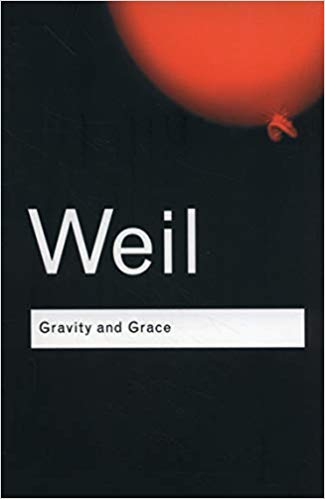
Many lines from Weil's first published book are lodged in me forever. "You could not be born at a better time than the present, when we have lost everything." Also: "The simultaneous existence of opposite virtues in the soul — like pincers to catch hold of God."
A free daily email with the biggest news stories of the day – and the best features from TheWeek.com
Slow Days, Fast Company by Eve Babitz (1977).
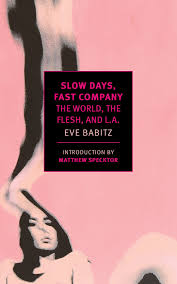
At some level I'll spend my whole life wishing that I'd ever really lived, if just for a little while, the way Babitz did in Los Angeles in the 1960s and '70s. No one writes about pleasure, recklessness, and evanescence better. This book is like a night with perfect velocity; a lavender sunrise; a pharmacological whisper that you can do this forever and never die.
The Emperor's Children by Claire Messud (2006).

As a treat to myself, I reread this 500-page novel every summer, and every time I feel totally swallowed up in it, as if the book were soaking me with golden light. There's so much pleasure in the plotting, the emotional acuity, the satire, the language itself. It also makes the best use of September 11 of any work of fiction I've ever read.
Pachinko by Min Jin Lee (2017).
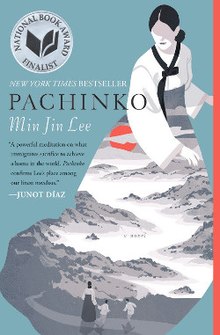
I'm in awe of this book and the way it combines a 19th-century novel's powers of submersion with a blazingly contemporary sense of ethics. I was basically gasping as I read this saga of an ethnically Korean family in Japan — desperate to know what happened next, overwhelmed with love and sorrow.